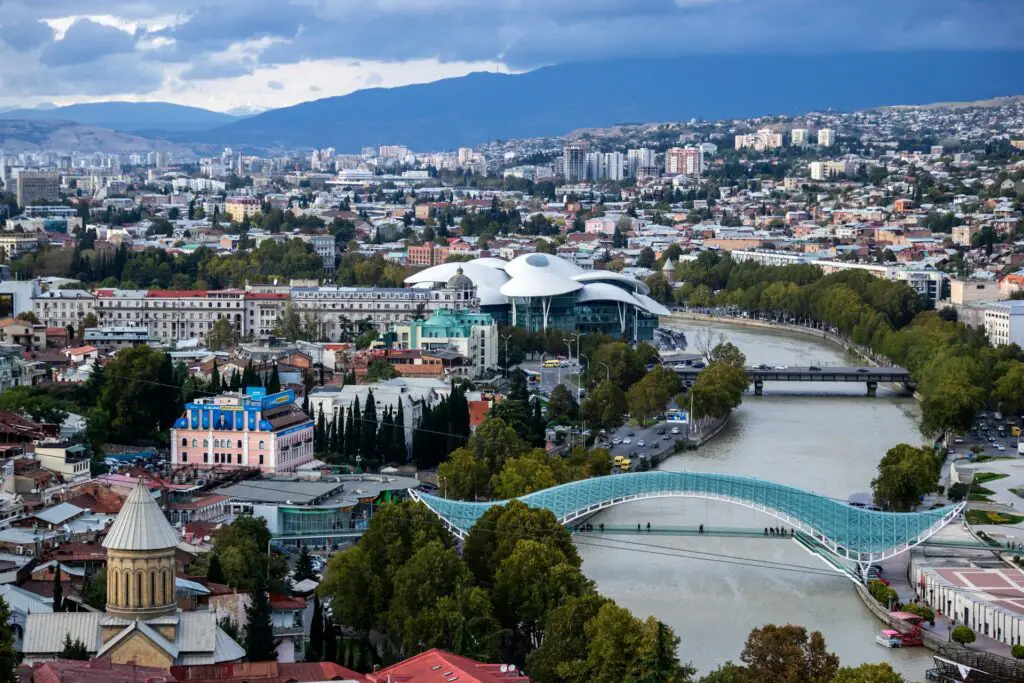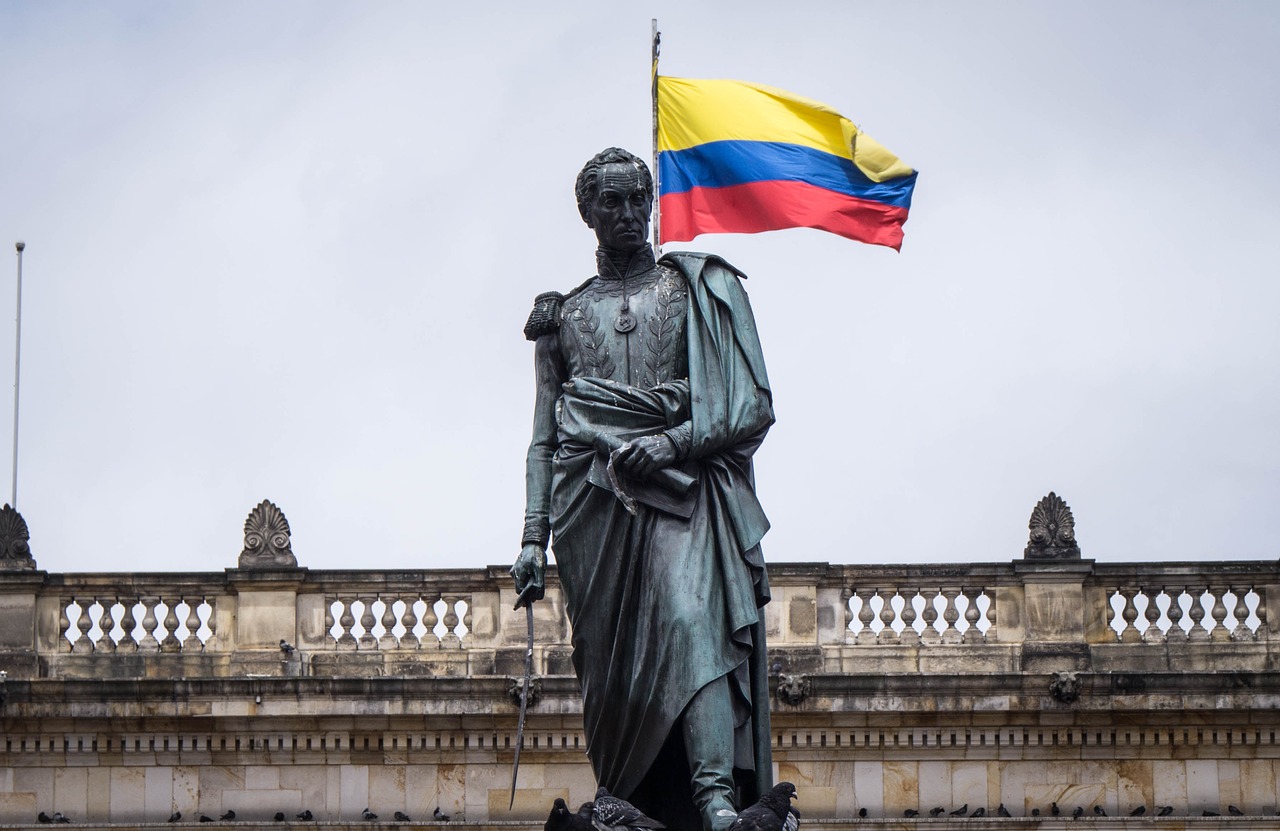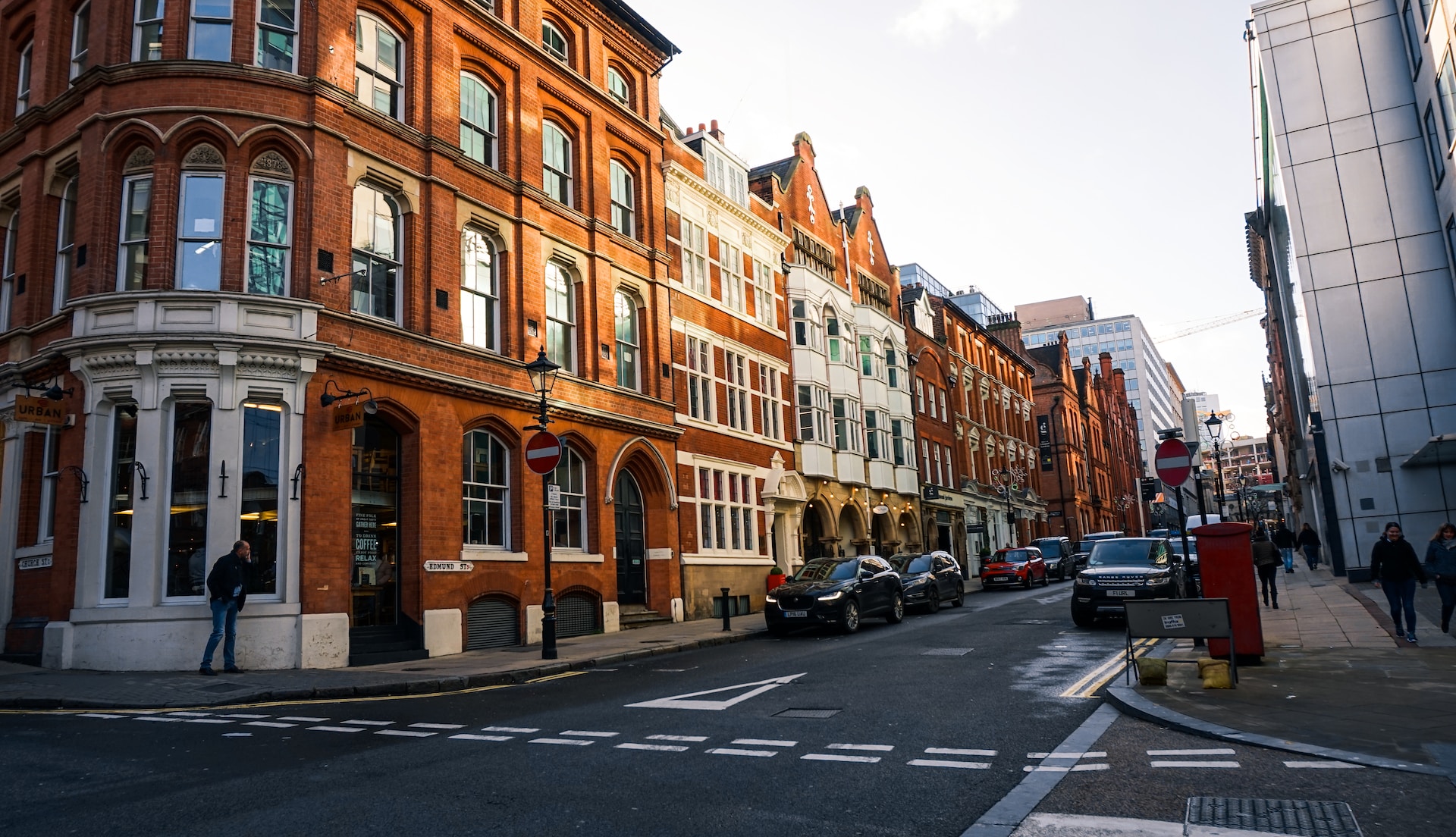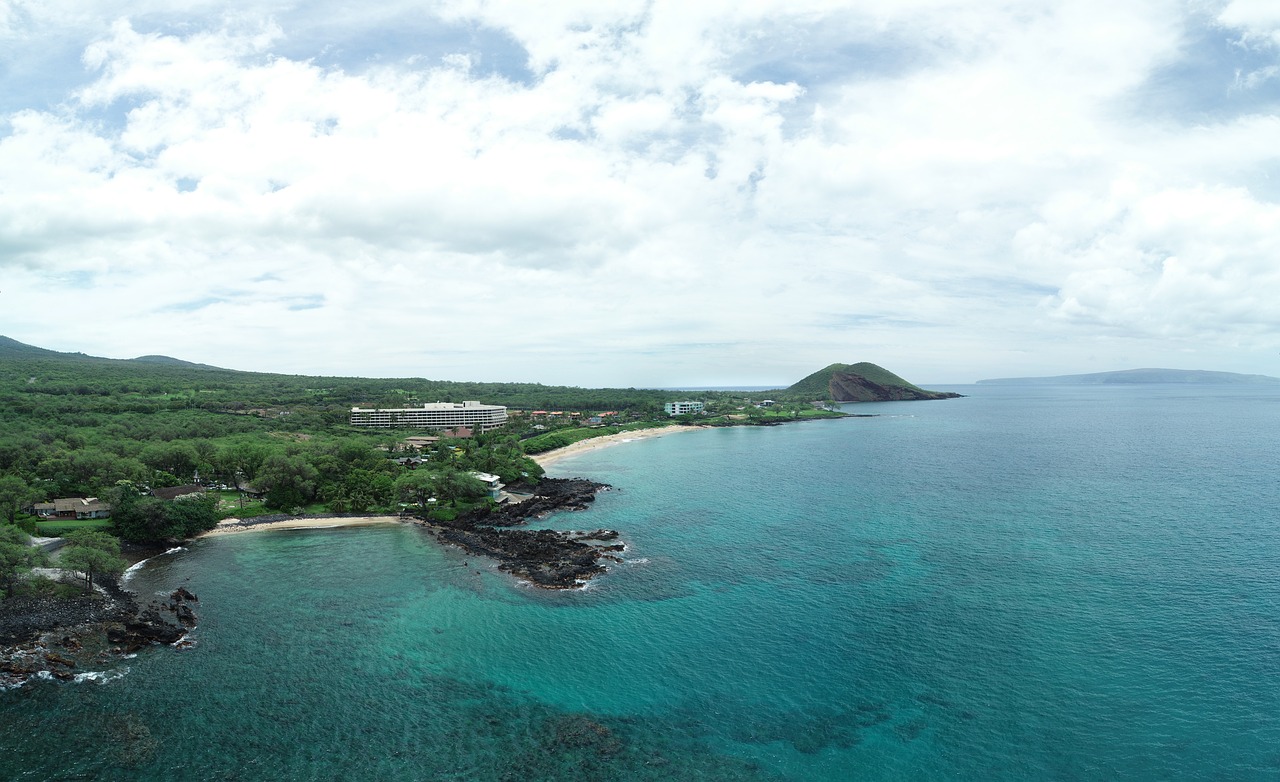The rise of remote work has transformed the way people live and work, giving birth to the digital nomad lifestyle—a blend of travel, work, and freedom. Digital nomad visas have emerged as a legal pathway for remote workers to live and work in foreign countries without the restrictions of traditional tourist visas. These visas allow freelancers, entrepreneurs, and remote employees to immerse themselves in new cultures while maintaining their careers. For many, the cost of obtaining a visa is a critical factor in choosing a destination. Fortunately, several countries offer free or low-cost digital nomad visas, making it easier for remote workers to live affordably while exploring the world. This article explores some of the most accessible and budget-friendly digital nomad visa programs in 2025, focusing on their costs, requirements, benefits, and unique attractions.
What Is a Digital Nomad Visa?
A digital nomad visa is a permit designed for remote workers who earn income from employers or clients outside the host country. Unlike tourist visas, which often prohibit work, these visas allow legal remote work for extended periods, typically ranging from six months to several years. They often come with benefits like tax exemptions, access to local infrastructure, and the ability to bring family members. The affordability of a digital nomad visa depends on application fees, income requirements, and the host country’s cost of living. Below, we explore countries offering free or low-cost digital nomad visas, making them ideal for budget-conscious nomads.
- Georgia: A Free Visa with Low Living Costs
Visa Program: Remotely from Georgia
Cost: Free
Income Requirement: $2,000/month or $24,000 in savings
Duration: Up to 1 year, extendable
Source:
Georgia, a hidden gem at the crossroads of Europe and Asia, offers one of the most affordable digital nomad visa programs. Launched in 2020, the Remotely from Georgia program is free to apply for, requiring only proof of a monthly income of $2,000 or $24,000 in savings, along with valid health insurance. Digital nomads are exempt from taxes for the first six months, after which a 5% income tax applies. For those registering as an Individual Entrepreneur, the tax rate can be as low as 1% on business turnover up to $155,000, making it a financially attractive option.
Georgia’s cost of living is remarkably low, with monthly expenses in cities like Tbilisi or Batumi averaging $500–$1,000.
A comfortable apartment in Tbilisi costs $300–$500 per month, and dining out is affordable, with meals often under $10.
The country boasts reliable internet (78.54 Mbps median for fixed connections) and a growing digital nomad community.
Its rich history, vibrant culture, and stunning landscapes—from the Caucasus Mountains to the Black Sea coast—make it an appealing destination for remote workers seeking adventure and affordability.
Why Choose Georgia?
No application fees.
Low cost of living and favorable tax policies.
Easy access to Europe and Asia for travel.
A vibrant expat and nomad community in Tbilisi.
- Mauritius: A Tropical Paradise with a Free Visa
Visa Program: Premium Travel Visa
Cost: Free
Income Requirement: No specific figure, but proof of sufficient funds required
Duration: 1 year, renewable for 1 additional year
Source:,
Mauritius, an island nation in the Indian Ocean, offers its Premium Travel Visa at no cost, with applications processed online within 48 hours in most cases. While there’s no set minimum income requirement, applicants must demonstrate the ability to support themselves financially. This makes the visa accessible to a wide range of remote workers, from freelancers to entrepreneurs.
The island’s cost of living is budget-friendly, with monthly expenses averaging $600–$1,200. Mauritius combines stunning beaches, coral reefs, and a multicultural environment with reliable internet and coworking spaces. English and French are widely spoken, easing communication for nomads. The visa allows a one-year stay, renewable for another year, and offers a perfect blend of work and leisure with activities like snorkeling, diving, and exploring rare wildlife.
Why Choose Mauritius?
Free visa with a quick online application process.
Affordable living costs and a high quality of life.
Ideal for nomads seeking a tropical, laid-back lifestyle.
Strong digital infrastructure and English-speaking environment.
- Saint Lucia: Low-Cost Caribbean Living
Visa Program: Live It Program
Cost: $50 (single-entry), $70 (multi-entry)
Income Requirement: No specific figure, proof of sufficient funds required
Duration: 12 months
Source:,
Saint Lucia’s Live It program is one of the most affordable digital nomad visas in the Caribbean, with fees of $50 for a single-entry visa or $70 for a multi-entry visa. There’s no strict minimum income requirement, but applicants must show they can support themselves. The visa allows a 12-month stay, with no income tax on foreign earnings, making it a tax-friendly option for remote workers.
The average cost of living in Saint Lucia is $1,019 for a single person, significantly lower than in many Western countries. The island offers stunning natural beauty, including the iconic Pitons, lush rainforests, and pristine beaches. With a growing expat community and reliable internet, Saint Lucia is ideal for nomads seeking a balance of work and island life.
Why Choose Saint Lucia?
Low visa fees and no income tax on foreign earnings.
Affordable cost of living for a Caribbean destination.
Scenic landscapes and a relaxed, eco-friendly vibe.
Easy application process with minimal requirements.
- Colombia: Affordable and Vibrant
Visa Program: Digital Nomad Visa
Cost: Approximately $60–$100
Income Requirement: $750/month
Duration: Up to 2 years
Source:,
Colombia’s digital nomad visa, launched in 2022, is one of the most budget-friendly options globally, with an application fee of around $60–$100 and a low income requirement of $750 per month. The visa is valid for up to two years, offering ample time to explore cities like Medellín, Bogotá, and Cartagena. Colombia’s cost of living is exceptionally low, averaging $515 per month, allowing nomads to live comfortably on a modest budget.
The country is known for its rich culture, vibrant coworking scenes, and reliable internet (12.26 Mbps average download speed). Digital nomads can enjoy affordable accommodation, delicious cuisine, and a strong sense of community. However, safety concerns in certain areas, like parts of Bogotá, require caution, though popular nomad hubs like Medellín and Cartagena are generally safe.
Why Choose Colombia?
Extremely low income requirement and visa fees.
Affordable living costs and vibrant digital nomad hubs.
Rich cultural experiences and diverse landscapes.
Long visa duration with a straightforward application process.
- Argentina: Budget-Friendly Latin American Gem
Visa Program: Transitory Residence Visa (Digital Nomad Visa)
Cost: Approximately $100–$200
Income Requirement: $1,400/month
Duration: 6 months, extendable for another 6 months
Source:,
Argentina’s Transitory Residence Visa, launched in May 2022, is a cost-effective option with application fees ranging from $100 to $200 and a modest income requirement of $1,400 per month. The visa allows a six-month stay, extendable for another six months, and offers tax exemptions on foreign income. Buenos Aires, a European-style city with vibrant café culture, is a popular hub for digital nomads, with monthly living costs averaging $600–$1,100.
Argentina’s reliable Wi-Fi, affordable steakhouses, and cultural attractions like tango and wine regions make it a top choice. The country’s low cost of living and favorable exchange rates allow nomads to enjoy a high quality of life on a budget. Its proximity to other South American destinations also makes it a great base for regional travel.
Why Choose Argentina?
Low visa fees and income requirements.
Affordable cost of living with a high quality of life.
Vibrant culture and reliable internet infrastructure.
Easy access to other South American countries.
- Croatia: Affordable European Coastal Living
Visa Program: Digital Nomad Visa
Cost: $61.90 (consulate) or $51.59 (in-country)
Income Requirement: €2,540/month ($2,700) or €39,000 in savings
Duration: 1 year, non-renewable
Source:,
Croatia’s digital nomad visa, technically a residence permit, is one of Europe’s most affordable, with fees as low as $51.59 when applied for in-country. The income requirement of €2,540 per month is among the lowest in the EU, making it accessible for many remote workers. The visa allows a one-year stay, with no taxes on foreign income, and Croatia’s entry into the Schengen Area in 2023 facilitates visa-free travel across 27 European countries.
The cost of living in Croatia is low, with monthly expenses averaging $785–$1,200. Cities like Zagreb and coastal towns like Zadar offer reliable internet, coworking spaces, and a dedicated digital nomad village near Zadar. Croatia’s stunning Adriatic coastline, historic sites, and vibrant culture make it a dream destination for nomads.
Why Choose Croatia?
Low visa fees and reasonable income requirements.
Affordable living costs and Schengen Area access.
Stunning coastal scenery and a growing nomad community.
Option to apply for the visa while in-country.
- Portugal: A European Favorite with Low Costs
Visa Program: D8 Digital Nomad Visa
Cost: €90 (visa) + €178 (residency permit)
Income Requirement: €3,480/month
Duration: 1–2 years, renewable
Source:,
Portugal’s D8 Digital Nomad Visa is a popular choice for its low application fees (€90 for the visa, €178 for the residency permit) and reasonable cost of living, averaging $1,000–$1,500 per month in cities like Lisbon and Porto. The income requirement of €3,480 per month is higher than some non-European options but competitive within Europe. The visa is valid for one to two years, with renewals possible, and offers a pathway to permanent residency after five years.
Portugal boasts a thriving expat community, excellent climate, and robust digital infrastructure. Cities like Lisbon offer coworking spaces and a vibrant cultural scene, while smaller towns provide even lower living costs. Tax exemptions for the first six months and a potential 50% tax discount for longer stays enhance its appeal.
Why Choose Portugal?
Affordable visa fees and cost of living for Europe.
Pathway to permanent residency and Schengen Area access.
Strong digital nomad and expat communities.
High quality of life with diverse cultural and natural attractions.
- Mauritius: A Cost-Effective Island Escape
Visa Program: Premium Travel Visa
Cost: Free
Income Requirement: No specific figure, proof of sufficient funds required
Duration: 1 year, renewable for 1 additional year
Source:,
Mauritius reappears on this list due to its exceptional affordability and appeal. The Premium Travel Visa is free, with no set income requirement, making it one of the most accessible options for digital nomads. The island’s low cost of living ($600–$1,200/month) and reliable internet make it a haven for remote workers. Its multicultural environment, with English and French widely spoken, ensures easy integration.
Why Choose Mauritius Again?
Free visa with a fast approval process.
Affordable island living with a high quality of life.
Ideal for nomads seeking a balance of work and leisure.
Strong digital infrastructure and cultural diversity.
- Albania: An Emerging European Option
Visa Program: Unique Permit (Digital Nomad Visa)
Cost: Approximately $100–$200
Income Requirement: $815/month
Duration: 1 year, renewable up to 5 years
Source:
Albania’s Unique Permit, introduced in 2022, is a budget-friendly European option with application fees of $100–$200 and a low income requirement of $815 per month. The visa is valid for one year, renewable for up to five years, offering long-term flexibility. Albania’s cost of living is among the lowest in Europe, with monthly expenses averaging $500–$900. Cities like Tirana and coastal areas like Durrës provide affordable accommodation, reliable internet, and access to stunning beaches and mountains.
Why Choose Albania?
Low visa fees and minimal income requirements.
Affordable living costs and long visa duration.
Scenic landscapes and proximity to EU countries.
Growing popularity among digital nomads.
- Ecuador: South American Simplicity
Visa Program: Digital Nomad Visa
Cost: Approximately $50–$100
Income Requirement: $1,350/month
Duration: Up to 2 years
Source:,
Ecuador’s digital nomad visa, launched in recent years, is a cost-effective option with application fees of $50–$100 and an income requirement of $1,350 per month. The visa allows a two-year stay, making it ideal for nomads seeking a longer-term base. Ecuador’s cost of living is low, averaging $500–$1,000 per month, with affordable housing near the equator in cities like Quito or coastal areas like Montañita.
The country offers natural beauty, from beaches to the Andes, and a growing digital nomad community. Reliable internet and a relaxed lifestyle make it a strong contender for budget-conscious remote workers.
Why Choose Ecuador?
Low visa fees and income requirements.
Affordable living costs and diverse landscapes.
Long visa duration with a straightforward application.
Emerging digital nomad hubs with a welcoming vibe.
Key Considerations for Choosing a Digital Nomad Visa
When selecting a country for a digital nomad visa, consider the following factors:
Application Fees: Free or low-cost visas (e.g., Georgia, Mauritius, Saint Lucia) reduce upfront expenses.
Income Requirements: Lower thresholds (e.g., Colombia, Albania) make visas accessible to a broader range of nomads.
Cost of Living: Countries like Georgia, Colombia, and Ecuador offer significant savings compared to Western nations.
Tax Benefits: Many programs (e.g., Saint Lucia, Croatia, Argentina) exempt foreign income from local taxes, at least initially.
Internet and Infrastructure: Reliable Wi-Fi and coworking spaces are critical for remote work.
Lifestyle and Culture: Choose a destination that aligns with your preferences, whether it’s tropical beaches (Mauritius, Saint Lucia) or cultural hubs (Portugal, Argentina).
Visa Duration and Renewal: Longer visas (e.g., Albania, Portugal) provide stability, while renewable options offer flexibility.
Challenges and Drawbacks
While these visas are affordable, there are potential challenges:
Tax Complications: Some countries impose taxes after six months (e.g., Georgia, Portugal).
Safety Concerns: In countries like Colombia, certain areas require caution due to crime.
Application Processes: Even low-cost visas may require documentation like proof of income, health insurance, or a clean criminal record.
Limited Residency Paths: Some visas (e.g., Croatia, Slovenia) are non-renewable or don’t lead to permanent residency.
Conclusion
The digital nomad lifestyle is more accessible than ever, thanks to countries offering free or low-cost visas tailored for remote workers. Georgia and Mauritius stand out for their free visas and low living costs, while Saint Lucia, Colombia, Argentina, Croatia, Portugal, Albania, and Ecuador offer affordable options with minimal fees and income requirements.
These destinations combine financial practicality with rich cultural experiences, reliable infrastructure, and vibrant nomad communities. By carefully considering visa costs, income thresholds, and lifestyle preferences, digital nomads can find the perfect destination to work, explore, and thrive in 2025.
For the most up-to-date information, check official government websites or consult immigration experts, as visa requirements and policies can change. Whether you’re drawn to the beaches of Saint Lucia, the mountains of Georgia, or the cultural hubs of Portugal, these affordable digital nomad visas open the door to a world of possibilities.














